Why the Black Sea was called by that name
Black sea names
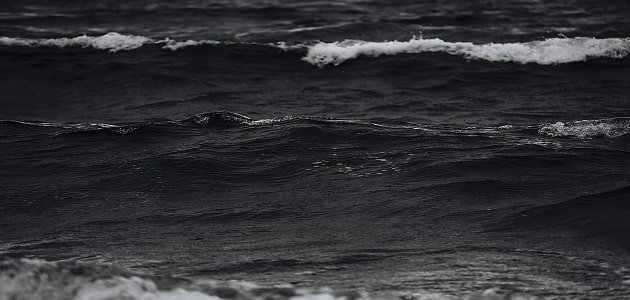
There are many names given to the Black Sea, and the following are the most common of these names: The Hostile Sea: or the inhospitable sea. The ancient Greeks gave this name to the sea, and it is believed that it was named so due to the difficulty of navigating its waters, and the presence of savage tribes living along its coast, [In addition to its few islands, and many storms, but then the previous name of the sea was replaced and they called it the hospitable sea after the Greeks took control of it. The Black Sea: This name was given to the sea in the Middle Ages at the time of the Ottoman Empire, where historical documents indicate that it was called the Sea of Seah or Karadeniz, which means the Black Sea in the Ottoman Turkish language. Other names: Among the other important names of the Black Sea; The Ross Sea, which the Arabs called it, in addition to the Pontus Sea
Scientific explanations and justifications
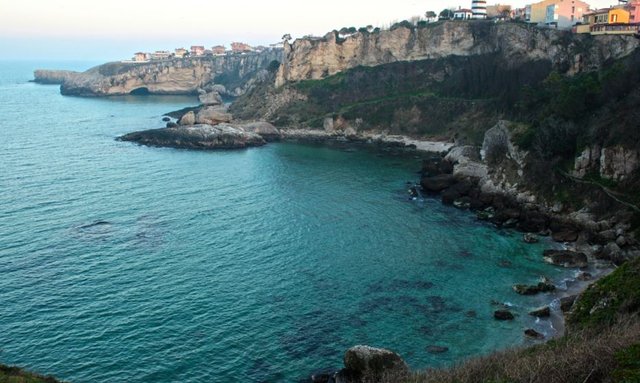
It turns out that the name of the Black Sea is derived from the Greek term Pontus xenos, as the root of the Greek word Xenos goes back to the Iranian language, which means dark-colored bodies, and the origin of the name goes back to the Ottoman Turkish language (Siyah), which means the Black Sea, and another translation of the word is indicated. The Greek Pontus axes mean the inhospitable sea, as this name changed after the establishment of colonies on the coasts of the sea to the hospitable sea.
The black color of seawater
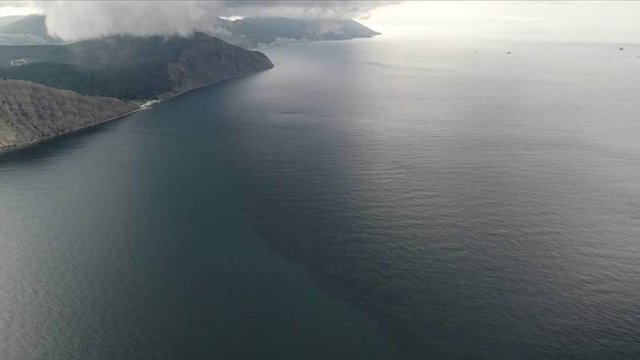
The sailors’ tours in the waters of the Black Sea were exposed to violent storms during the winter, and the Turks were exposed to violent storms when they went to control the lands outside the southern shores of the sea, and these storms caused the seawater to appear black, so it was called the Black Sea, and one of the reasons for the emergence of The seawater is black due to the presence of black muddy sediment in its waters, which is believed to be one of the reasons for its name.[1][4]
No marine life at the bottom of the Black Sea
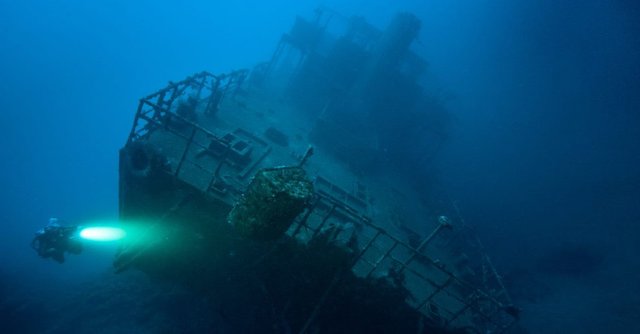
The Black Sea is characterized by being the largest water body with the meromictic basin, which is a geological phenomenon that means that the movement of water in this basin between the upper and lower layers is little, as there is no vertical mixing between the water layers in the Black Sea, and the reason for this is due to The density difference between the two layers, as the upper layers of the sea are less dense than the lower, more salty layers, and this phenomenon causes a large difference in temperatures between these layers, and also prevents the bottom layer from obtaining the oxygen found in the upper layers of water, so the lower layers are The deep sea is almost biologically dead.
compass directions
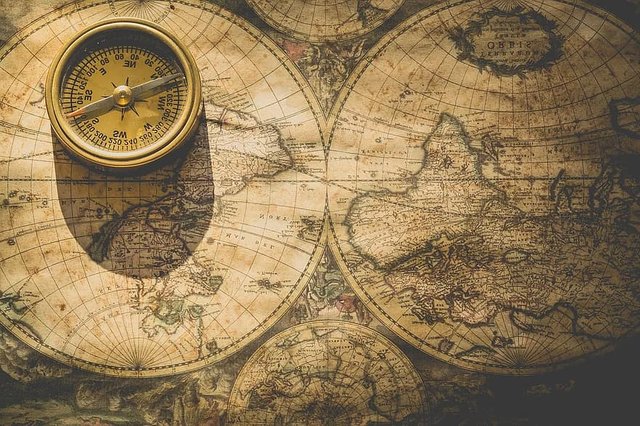
Black points to the north in the compass, where people in ancient times used colors instead of the four directions, but this hypothesis was not completely accepted, because only the individuals who were located south of the sea could name the sea that, while those who were on the side The northern shores would have considered it a southern sea.
Black Sea Islands
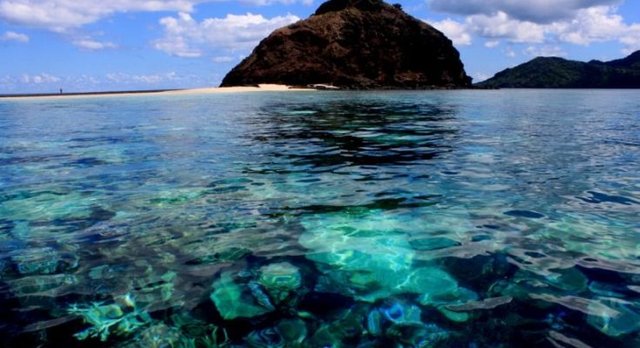
In the waters of the Black Sea, there are about 10 small islands, which are strange and maybe frightening, and this is one of the theories that explain the name lions on this sea, where gray water snakes that eat fish spread in the waters surrounding the Bulgarian island of St. Thomas, but these islands are considered Today it is home to many unique animals and plants, and it is also a tourist attraction in the world, the most famous of which is the island of Saint Anastasia and Saint Kyriakos of Bulgaria, the island of Berezan and Giresun of Turkey, and the island of Khortytsia of Ukraine.
General information about the Black Sea
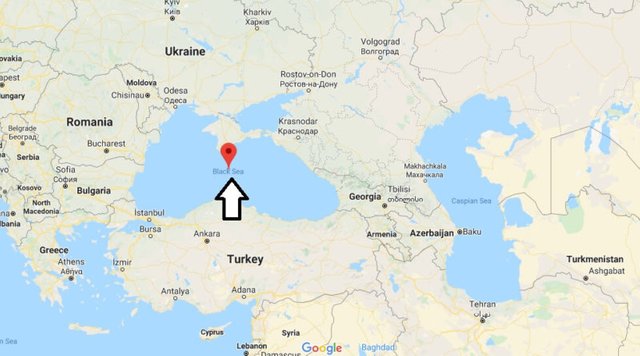
The Black Sea is located in Eurasia between Europe, the Caucasus, and Anatolia, divided by the Crimea, and bordered by Ukraine to the north, to the northeast by Russia, to the east by Georgia, to the west by Bulgaria and Romania, and to the south by Turkey. The Black Sea is linked to a number of water bodies: the Atlantic Ocean, the Sea of Marmara, the Dardanelles Strait, the Aegean Sea, and the Mediterranean Sea, in addition to a number of rivers, the most important of which are the Danube, the Don, and the Dnieper. The area of the Black Sea is about 422,000 km2, and its maximum depth is 2,210 meters. The Black Sea extends in an oval shape, and its longitudinal axis is about 1150 km long, and its transverse axis is 611 km. The volume of the Black Sea is about 547,000 km3. About 90% of the water in the Black Sea is made up of oxygen-free water. The upper layers of the Black Sea feed large river systems, while the deeper waters come from the warm and salty waters of the Mediterranean. The Black Sea was a freshwater lake during the Ice Age. The Black Sea is a geological basin, as it is located on receding continental plates.